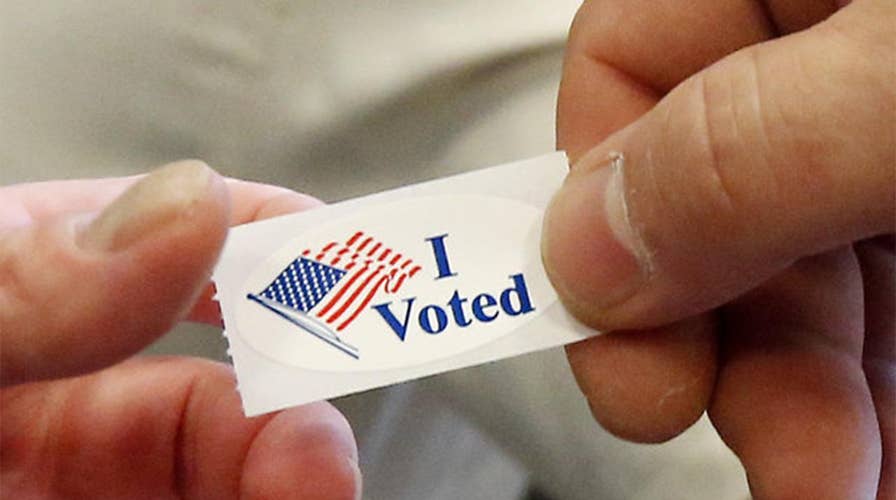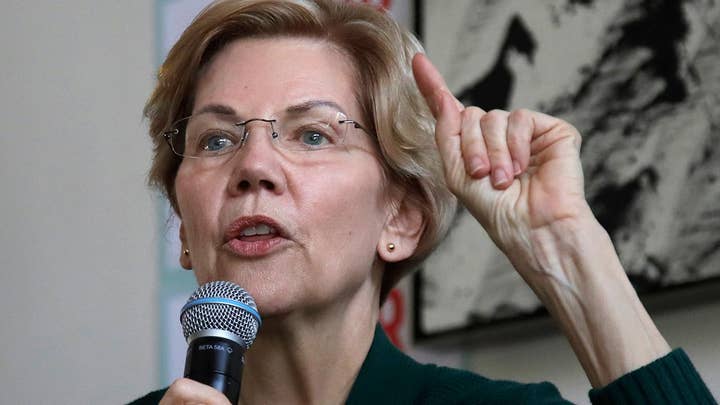Last week we wrote about Democratic ambitions to pack the Supreme Court. This week the Electoral College is on the chopping block as Senator Elizabeth Warren comes out in favor of its abolition, Beto O’Rourke makes sympathetic noises and Colorado’s Democratic governor signs a bill adding his state to the “National Popular Vote Interstate Compact.” Scrapping the system the U.S. has used to select presidents since its founding will likely soon be the Democrats’ default position.
Like the Supreme Court, the Electoral College sometimes frustrates the will of political majorities. That makes it an easy target in this populist age. But while “majority rules” has always been an appealing slogan, it’s an insufficient principle for structuring an electoral system in the U.S.
WHY DEMOCRATS WANT TO ABOLISH ELECTORAL COLLEGE, PACK SUPREME COURT
Presidential elections often do not produce popular majorities. In 2016 neither Hillary Clinton nor Donald Trump won 50 percent. “Plurality rules” doesn’t have the same ring to it. In the absence of the Electoral College, the winner’s vote share would likely be significantly smaller than is common today. Third-party candidates who can’t realistically win a majority in any state would have a greater incentive to enter the race.
Democrats are upset that Mr. Trump is President with 46 percent of the vote to Ms. Clinton’s 48 percent. What if a Republican was elected with a third of the vote in an election featuring five formidable third-party candidates? A free-for-all plebiscite would hurt the system’s legitimacy. The Electoral College helps narrow the field to two serious contenders, as voters decide not to waste their vote on candidates who have no chance to win.










































